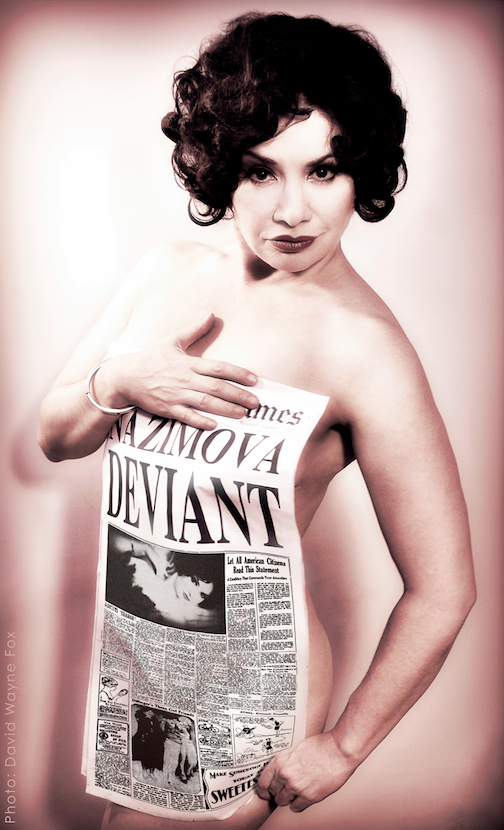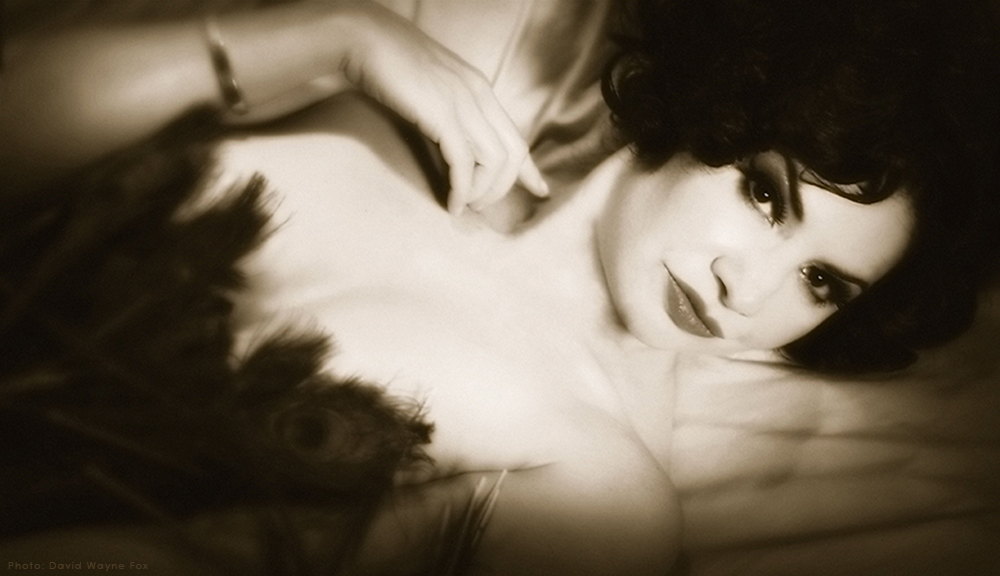by Carole Di Tosti
The Edinburgh Fringe Festival, the largest arts festival in the world, which takes place in Edinburgh, United Kingdom is right around the corner. To inspire and assist American artists in their preparations to finely tune their productions before they compete with other global performers in Scotland, 59E59 Theaters offers a preview of some of the country’s finest contenders. The annual East to Edinburgh at 59E59 Theaters has been in full swing since 11th July.
The sterling production Places written and performed by Romy Nordlinger, directed and developed by Katie McHugh, which previewed last night, is more than ready for its Edinburgh Fringe Festival run. This enlightening production’s currency is chilling. It is a superb, striking must-see, for its acting and the apt shepherding by its director and the fine assistance of the design team. Most importantly, you should get to see it in its limited run here because of a story that is being revealed about an artistic giant who is still ahead of her time.
Romy Nordlinger has crafted a fascinating account of the glamorous, forward-thinking theater and silent screen star Alla Nazimova, who shares her life story from beyond the veil. Nordlinger’s solo, multi-media performance is charming, humorous and candid. Nazimova, who was an actress in Moscow where she was lauded as an icon, immigrated in 1905 from Russia to the United States. Indeed, she was fleeing religious persecution because she was Jewish. Here, she found even greater success because of her exceptionalism and great appreciation of the freedoms she experienced to “do the impossible” as an immigrant of America.
In the United States, Nazimova learned the language, employed her ambition, prodigious talent and brilliance to vault herself to the top of the US entertainment industry. That she crashed and burned, her light dimming almost into obscurity is perhaps the most devastating segment of her story. In Nordlinger’s presentation of this marvelous women’s evolution from poverty to glory and back to obscurity once more, we witness some of the most nefarious issues of our time.
Nordlinger, who portrays Nazimova, with stylized grace and aplomb, reveals the arc of Nazimova’s evolution from abused child of an impoverished single father (her mother abandoned the family) in Tsarist Russia to one of the greatest box office draws in the Moscow theater, trained by Stanislavski himself. Because of her prodigious acting talents, she launched the careers of Ibsen, Chekhov and Strindberg during her hard climb into the theatrical heavenlies.
When she immigrated to the United States, Nordlinger’s Nazimova reveals, with laughter, irony and an easy forthright admission, that she quadrupled her Moscow success on Broadway and in her 1917 transference to Hollywood’s silent films. It was in Hollywood that she became the highest paid silent screen star and is even lauded with a star on the Hollywood Walk of Fame, though most, unfortunately, are not aware of her accomplishments let alone her name.
Because of her “will to power” and belief that nothing was impossible, she recognized Hollywood’s narrow villainy of the “boy’s club” that excluded women from positions of power and control. She formed her own production company, Nazimova Productions, to circumvent the paternalism of autocratic domination and created her own films, becoming the first female writer, director and producer in Hollywood. She is responsible for the launch of art house cinema with her production of Salome which boasted an all-gay cast.
The same freedom of artistic choice which flowed into sexual freedom to be a lesbian was vilified and excoriated in the gossip columns where she was labeled a degenerate. And Salome which was the highest achievement of her career with its open homosexual themes and experimental filmmaking was too “out there” to be considered an artistic and innovative discovery. The discriminatory waters drowned her brilliance and maverick assertions of sexual truthfulness. Injustice and bigotry prevailed and, where once she was the most profitable star, she became the epitome of the box office debacle.
It is here that Nazimova’s story (aided by video montage) makes a sharp right into our present day. And it is in aligning the past with the present that this production Places is its most trenchant, vital and significant for our time. This artist (revealed in marvelous historic film clips) uplifted our social/cultural history. Places is a clarion call for us never to give up, despite injustices which threaten to destroy men and women alike.
Places runs with one intermission until 30 July. For tickets call: 212 -753-5959 or visit the website at
Photos: David Wayne Fox
























